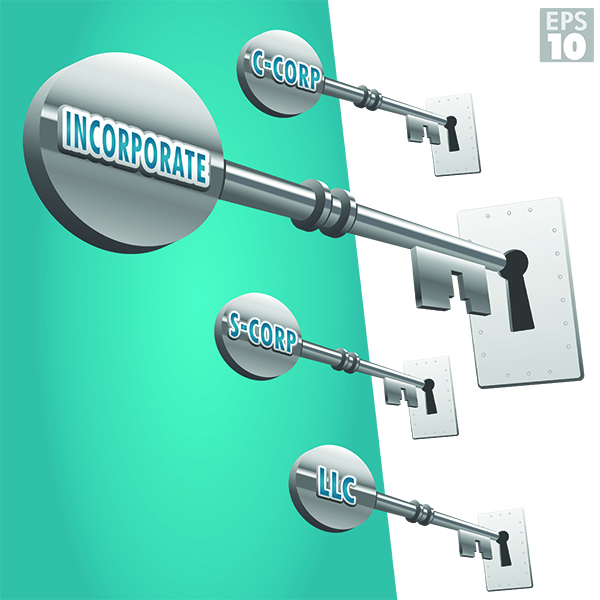How does a home in a Homeowner’s Association (HOA) affect an escrow?
Answer:
From a seller’s perspective, there are a couple of things to consider:
1) Under California State Law, a seller is required to make disclosure to a buyer of specific matters concerning the HOA. This is generally taken care of in escrow, but a seller will often need to advance funds at the beginning of an escrow to pay for the HOA Management Company charges for the required documents. These fees can range from as little as $75.00 to several hundred dollars, especially when there are more than one HOA for the property. The purchase agreement typically requires that the seller make disclosures within a very short period of time (generally 7 days) of the contract being accepted. While escrow offices do try their best to maintain a roster of local HOA’s and Management Companies, it is the SELLER’s duty to disclose, so a seller should provide the information to the Escrow Company as soon as possible when escrow opens.
2) At closing, the seller will generally be charged a transfer fee and document fee (if not charged up front, as referred to above), in addition to any unpaid dues. As with any closing cost, these fees are negotiated in the contract, and while the buyer can agree to pay them, generally, these are paid by the seller.
3) The HOA will have requirements and/or fees that apply regarding gate openers, pool keys and similar items. A seller should enquire what the requirements are, as they vary from HOA to HOA.
From a buyer’s perspective, there are also a couple of things to consider:
1) When buying a condominium, a buyer’s lender will not only require the buyer to qualify for the loan and for the condominium to appraise for at least the purchase price, the lender will also determine if the HOA qualifies. Some items a lender will consider when “qualifying” the HOA will be the amount of the reserves for common area / structure maintenance, the proportion of owner-occupied units to rented units, and the percentage of delinquent homeowner’s within the development. Some loan programs will have much stricter guidelines than others, so a buyer should discuss this matter with their Mortgage Lender.
2) The HOA documents are generally a large package of documents, and a little daunting to review. A buyer who is planning on doing improvements to the home after purchase should take a look at the documents, to see if the HOA has any restrictions and/or approval requirements. Even the interior of a condominium unit may have certain restrictions, such as prohibiting non-carpeted flooring in upper units (noise restriction), which might not be obvious to a buyer.
3) Buyers can look at the HOA documents to determine other common rules, such as the storage rules or prohibition regarding boats, campers and other recreational vehicles.
If you have any questions about the HOA that affects your property, your Escrow Officer can provide you with the name and phone number of the HOA Management Company, so that you can get your questions answered.
 Cynthia Moller
Cynthia Moller
661.362.0400
cmoller@glenoaksescrow.com




